Startup Qingcheng.AI and a development team led by computer science professor Di Guidong at Tsinghua University (China) recently announced that they have developed the Chitu AI framework, which is said to be able to reduce dependence on Nvidia chips for AI model inference, according to the South China Morning Post on March 16.
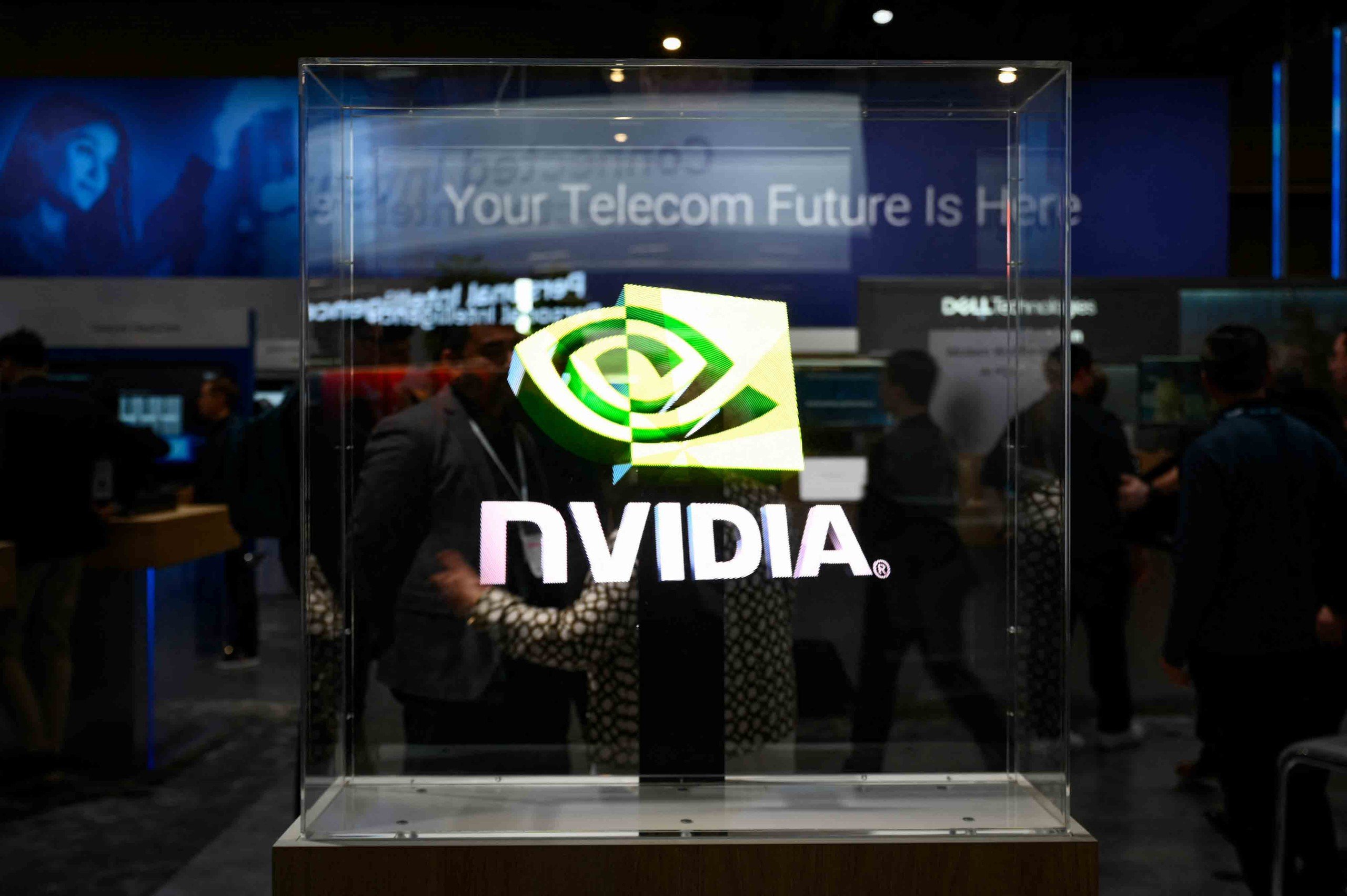
Nvidia logo at a technology exhibition in Spain on March 5.
AI framework is an inference engine for large language models (LLM), providing libraries and tools to help developers design, train, and test models efficiently. Chitu is an open-source tool that supports popular models such as Meta's Llama or DeepSeek-R1, a Chinese "homegrown" AI model that has been causing a stir in the world in recent months when it was said to have capabilities comparable to Western models but at a much lower cost.
In testing, when equipped with Nvidia's A800 GPU, Chitu increased the inference speed of the most powerful version of DeepSeek-R1 by 315% while reducing GPU usage by 50% compared to foreign open-source frameworks, according to the company's announcement. This means the model can produce results much faster, saving time and computing resources.
The move by Qingcheng.AI is part of an effort by Chinese AI companies to reduce their dependence on Nvidia's next-generation high-performance GPUs, which are subject to export restrictions. The US government has banned Nvidia from selling its Hopper series H100 and H800 chips to customers in China. On the other hand, according to AIBase.com, opening the Chitu source code allows developers and researchers in China to freely use, modify, and optimize the tool, thereby promoting the development and improvement of domestic AI technologies.
China strives for autonomy
While Qingcheng.AI is working with leading domestic GPU makers such as Moore Threads, Enflame and Iluvatar CoreX, other tech companies in China are also stepping up efforts to reduce their dependence on foreign technology, based on the lessons of DeepSeek's success. In February, computing infrastructure platform provider Infinigence AI announced that it was working to promote cooperation between seven leading Chinese AI chipmakers: Biren Technology, Hygon Information Technology, Moore Threads, MetaX, Enflame, Iluvatar CoreX and Huawei's Ascend.
China Daily on March 7 quoted Liu Qingfeng, a member of the National People's Congress and chairman of AI company iFlytek, as saying that the country needs to urgently research and develop LLM models based on domestic chips to build a strong AI ecosystem that ensures sustainable and high-quality development. According to him, not developing an AI industrial ecosystem based on domestic chips is like building a tower on someone else's foundation. He said that apart from iFlytek's Spark model, all currently publicly downloadable LLMs are trained on Nvidia chips, demonstrating China's shortcomings in chip development.
Currently, many large Chinese technology companies such as Alibaba, Tencent, Baidu, ByteDance, iFlytek or Huawei and thousands of other startups are racing to develop AI models. Most recently, Baidu announced two models Ernie 4.5 and X1 last weekend to compete with models from DeepSeek or OpenAI.
Source: https://thanhnien.vn/cong-ty-trung-quoc-tim-cach-giam-phu-thuoc-nvidia-185250317205207263.htm




![[Photo] Prime Minister Pham Minh Chinh receives Secretary of Shandong Provincial Party Committee (China) Lin Yu](https://vphoto.vietnam.vn/thumb/1200x675/vietnam/resource/IMAGE/2025/9/26/821396f0570549d39f33cb93b2e1eaee)














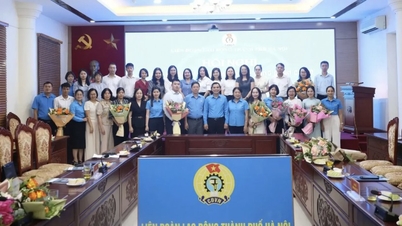



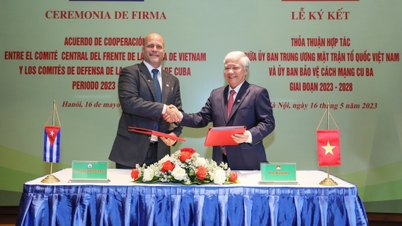








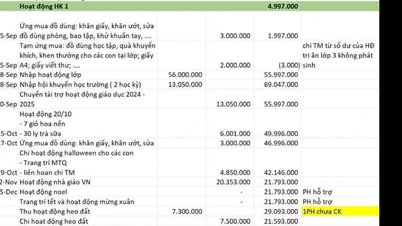







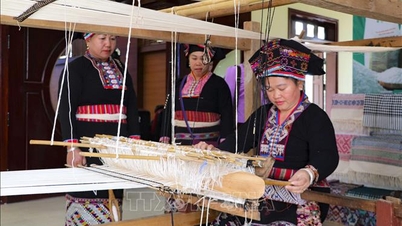























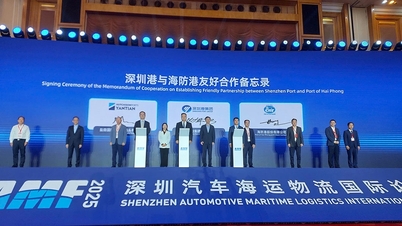


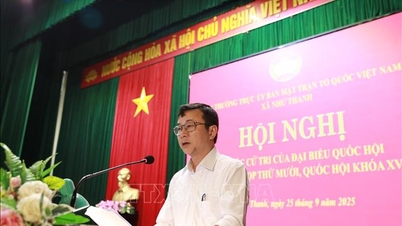




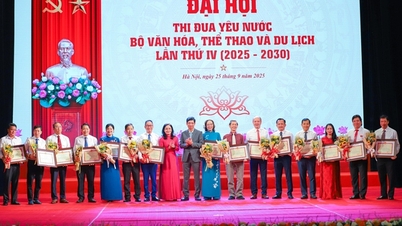


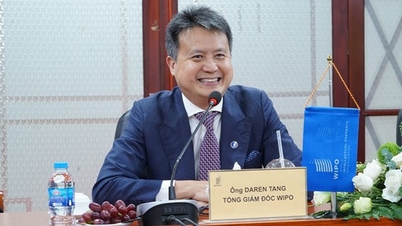




























Comment (0)